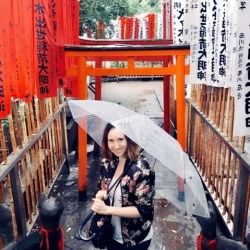Pain Tastes Like Makgeolli: Lessons in Korean Perseverance
While not particularly outdoorsy, I can appreciate a good stroll through nature. So when my co-teachers proposed a small group hike on a day off, I jumped at the chance to explore outside the gray monochrome of Seoul and see some color. We set off early that morning to Suraksan, picking up a few snacks along the way.
Trading stories on the subway, I asked my friend if she enjoyed a lot of the trails here. She laughed, looking out the window as the stations passed.
“I like hiking, but I don’t like HIKING, you know?”.
“Huh?”
“You’ll see what I mean,”
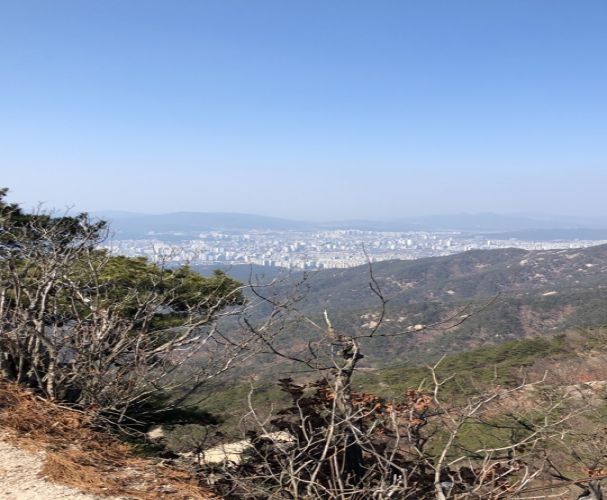
Sitting at the base of the mountain, I saw what she meant.
It was hard not to get discouraged. Suraksan stands at 638 meters, and I knew I would feel every last one of them in my thighs for at least the next three days.
“You’re not afraid of heights, right?”
I laughed nervously and shook my head. I’d never been given a reason to fear them, having lived mostly in a flat desert throughout my childhood. A “hike” for me was a light jog through Lost Dog Wash Trailhead.
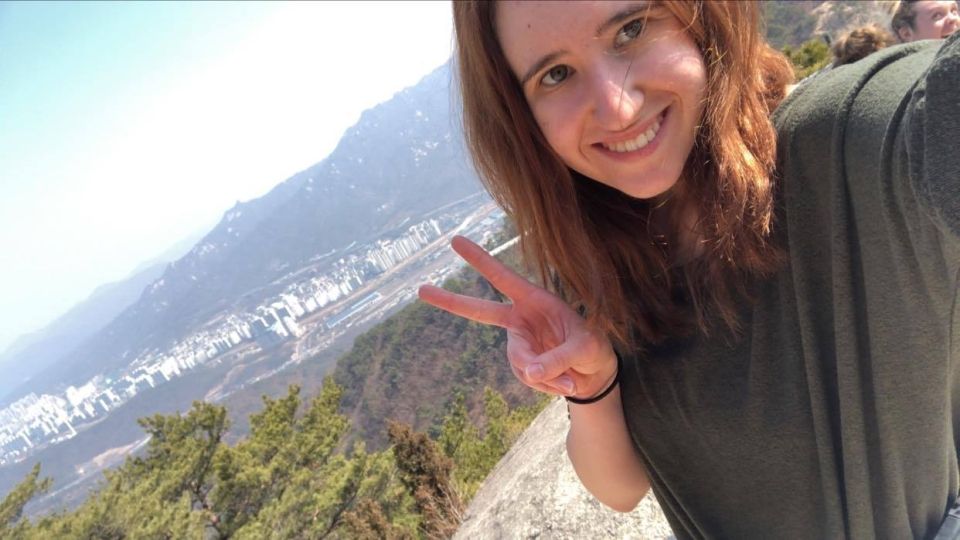
My attitude soon changed at the quarter point. Every five minutes, I asked the group how far we were from the top, each time getting, “We’re almost there” back. Sweat-soaked and shaky-kneed, I stopped under the shade of a nearby tree to take a drink of water and made the mistake of looking out over the rocks towards the skyline. Clouds blanketed the city, and nausea gripped my stomach. I briefly wondered if getting an airlift down would be worth the humiliation of potentially getting my face in some local newspaper’s fluff piece about dumb tourist hikers.
“I don’t know if I can do it,” I whispered to myself.
All of a sudden, something really amazing happened. Complete strangers seemed to sense my fear and cheer me on. A man I passed on the way up patted me on the shoulder and offered our group one of his extra bottles of water. “파이팅! You can do it!” he encouraged, pointing to the top of the peak. A woman smiled and offered me her hand to help propel myself up towards the cables, where the path was an almost-vertical cliff. A grandmother told me to be careful and promised she would be ready to catch me if I fell. All over the trailhead, people were willing to help and cheer me, a total stranger, to the top.
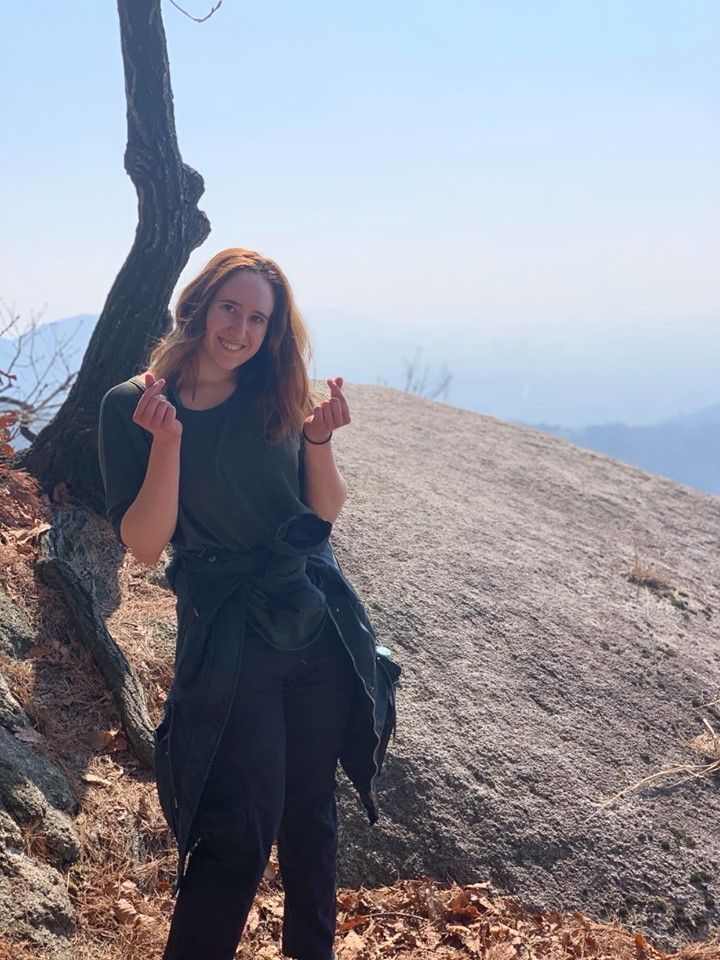
At the base of the mountain, we concluded our hike with dinner at a local shop, and a kind of sparkling rice-wine called makgeolli, which I’m told is the traditional after-hiking drink. Resting, drinking, and joking around, it was easy to laugh away the fear and insecurity I’d felt. I was proud I had made it all the way.
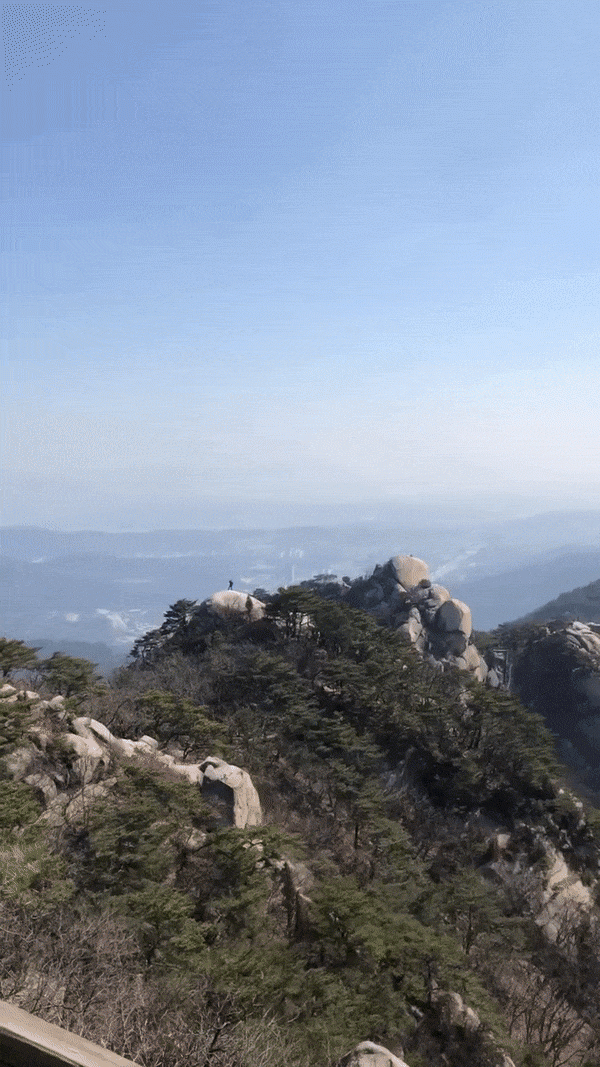
Oftentimes, our fears and anxieties can feel as insurmountable as Suraksan. Life may feel like a race to summit a peak, with trail markers like “the perfect job”, “getting married”, and “buying a home”. When it seems like you’re all on the same trail, it can be dangerously easy to compare yourself to others. You might think things like, “That woman is eighty and she’s beating me to the top! My friends have to slow down for me! I’m more out of breath than anyone here!”. But when you think like this, you risk getting stuck in a loop of negativity. Everyone has different starting points, different trail markers, and different peaks.
But the point of a hike is not to reach the end of the trail, it’s the journey you make to get there.
The lessons you should take away from today are as follows:
- Surround yourself in life with people who say you’re almost to the top (even if you’ve only been walking for two minutes!). They do it only because they know you’re strong enough to push through, and because they know you’ll make it to the top if you keep moving forward.
- Makgeolli tastes best when you’re thoroughly exhausted.
- 2,000 feet in the air is not the place you want to test your fear of heights.
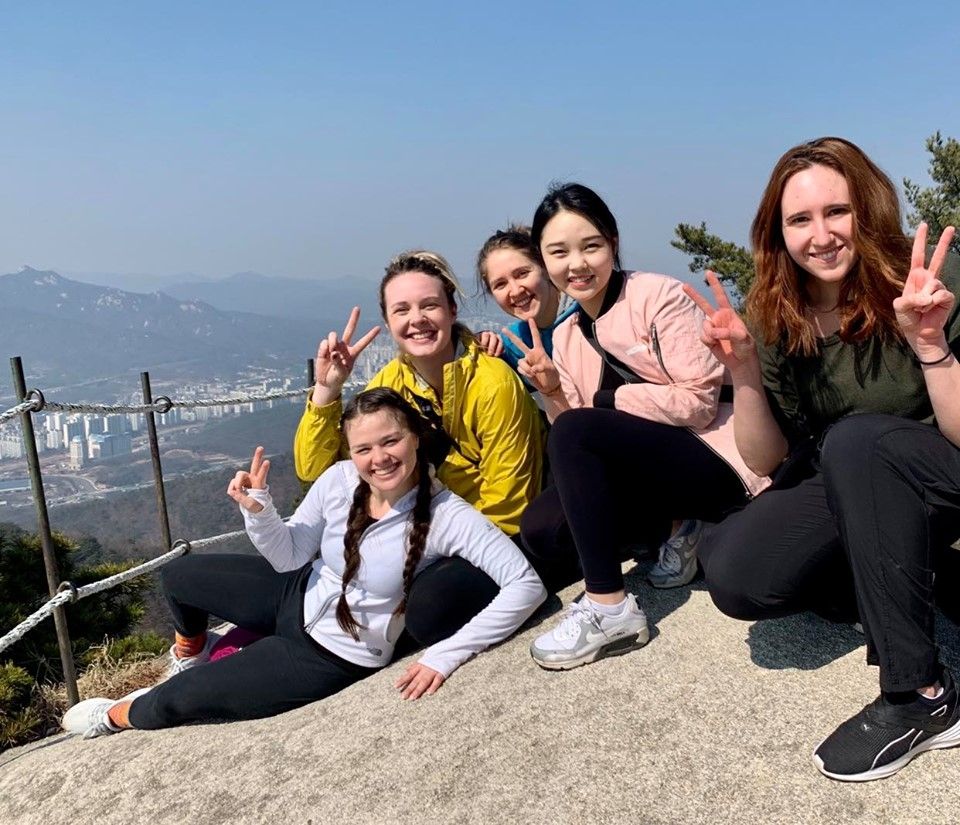
Related Posts
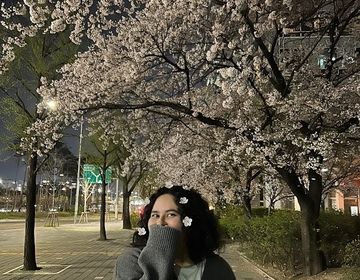
A Comprehensive Budgeting Guide for English Teachers in South Korea
A Comprehensive Budgeting Guide for English Teachers in South Korea Teaching English in South Korea has become an increasingly popular option for young people looking to travel and get some... keep reading
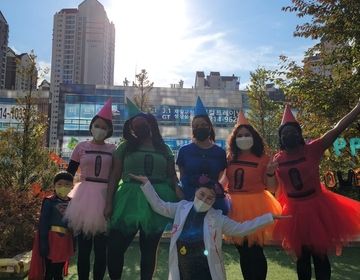
Professionalism in South Korea as a Native English Teacher
As a native English teacher in South Korea, understanding Korean culture and professionalism is crucial for both personal success and the broader impact you can have on your students. South... keep reading

How to Go to the Doctor in South Korea as an English Teacher: A Guide to Healthcare and Health Insurance
As an English teacher in South Korea, maintaining good health is essential while living abroad. Navigating the healthcare system can seem daunting and stressful at first, especially if you can’t... keep reading
